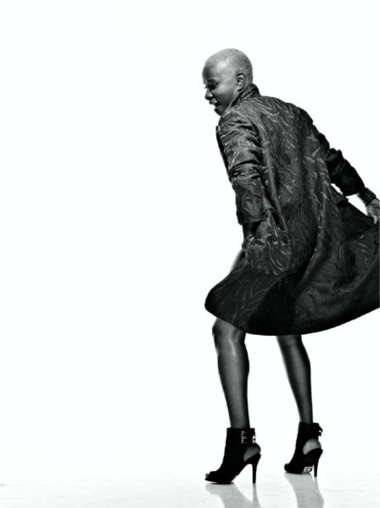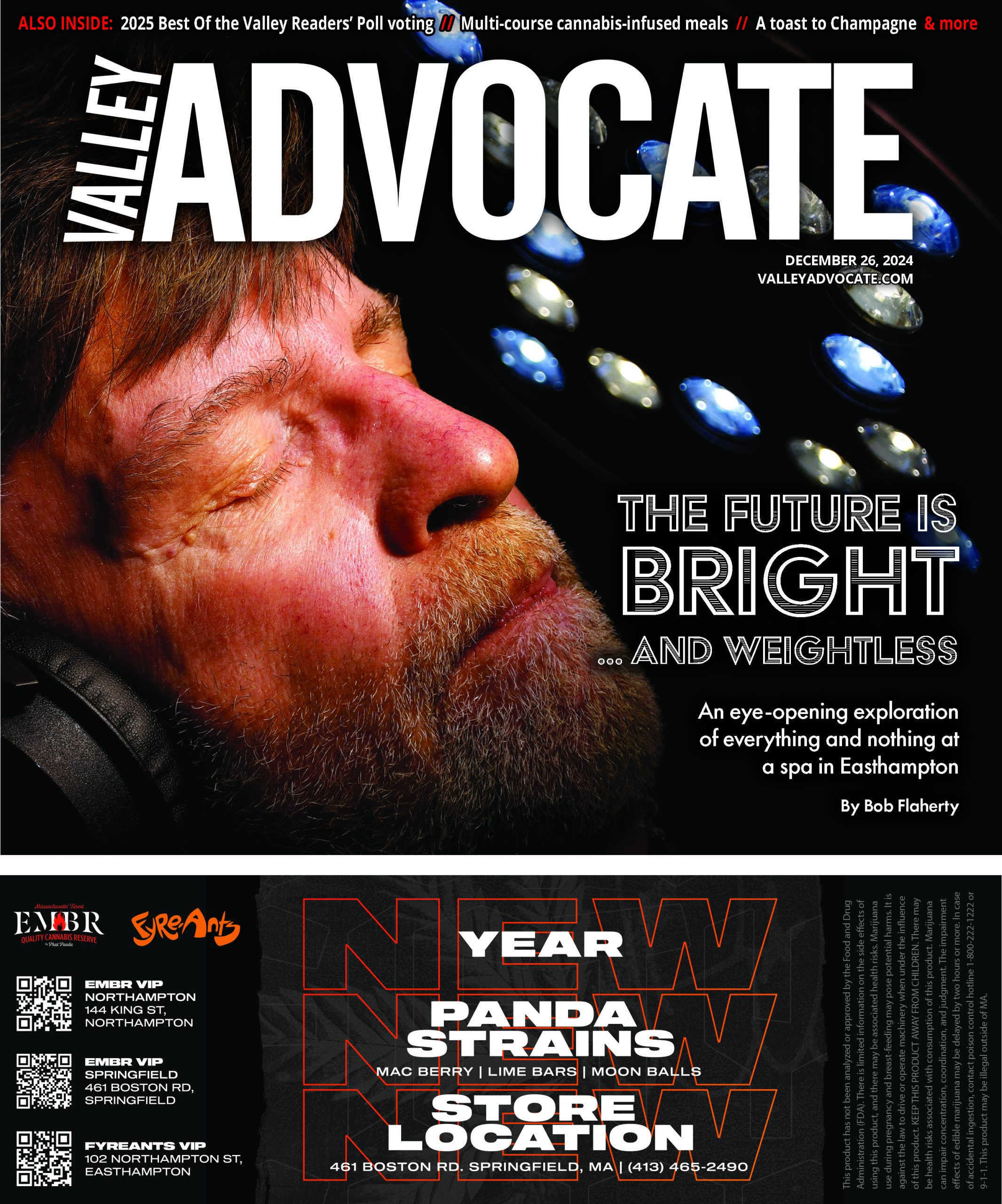Since the passing of Miriam Makeba, the mantle of “Mama Africa” as the leading musical voice for African women has indisputably passed to Angélique Kidjo. The Benin-born superstar devotes much of her prodigious energy to advocating for women’s rights, girls’ education and other ground-level campaigns. Her voice has been called “evocative,” “canyon-filling,” and “unflappable.” Her latest album, Eve, draws on Beninese history and folklore, incorporating village women’s choirs on some of the tracks. Her material, reflecting Afropop, zouk, gospel, Latin and other styles and traditions, emerges from a multitude of influences, beginning with Makeba and embracing Aretha, Hendrix and Santana.
Kidjo’s voracious eclecticism has led to numerous collaborations, with musicians from Herbie Hancock and Bono to the Kronos Quartet and Philip Glass, whose Ifé: Three Yoruba Songs for Angélique Kidjo premiered early this year. Her recent memoir, Spirit Rising, has a foreword by Bishop Desmond Tutu (who compares her to both Lena Horne and Aung San Suu Kyi) and an introduction by Alicia Keys. Named as one of “The 100 Most Inspiring Women in the World” and “Africa’s greatest living diva,” she’s at the UMass Fine Arts Center this Thursday.
Oct. 30, 7:30 p.m. Fine Arts Center Concert Hall, (413) 545-2511, fac.umass.edu/online.



